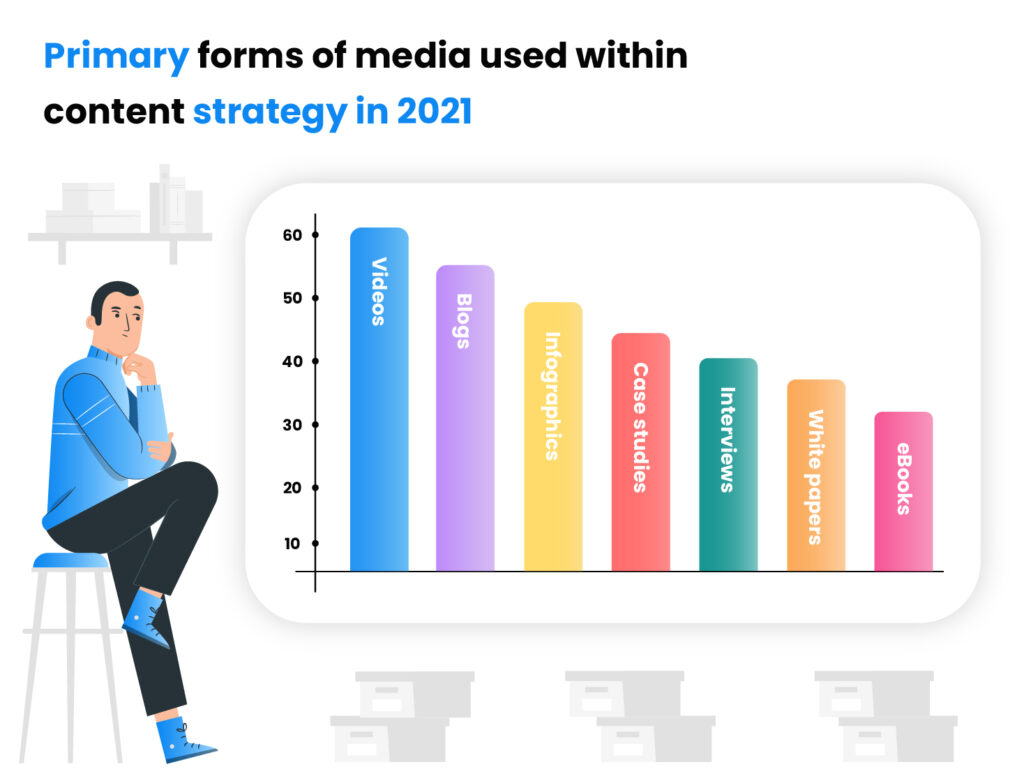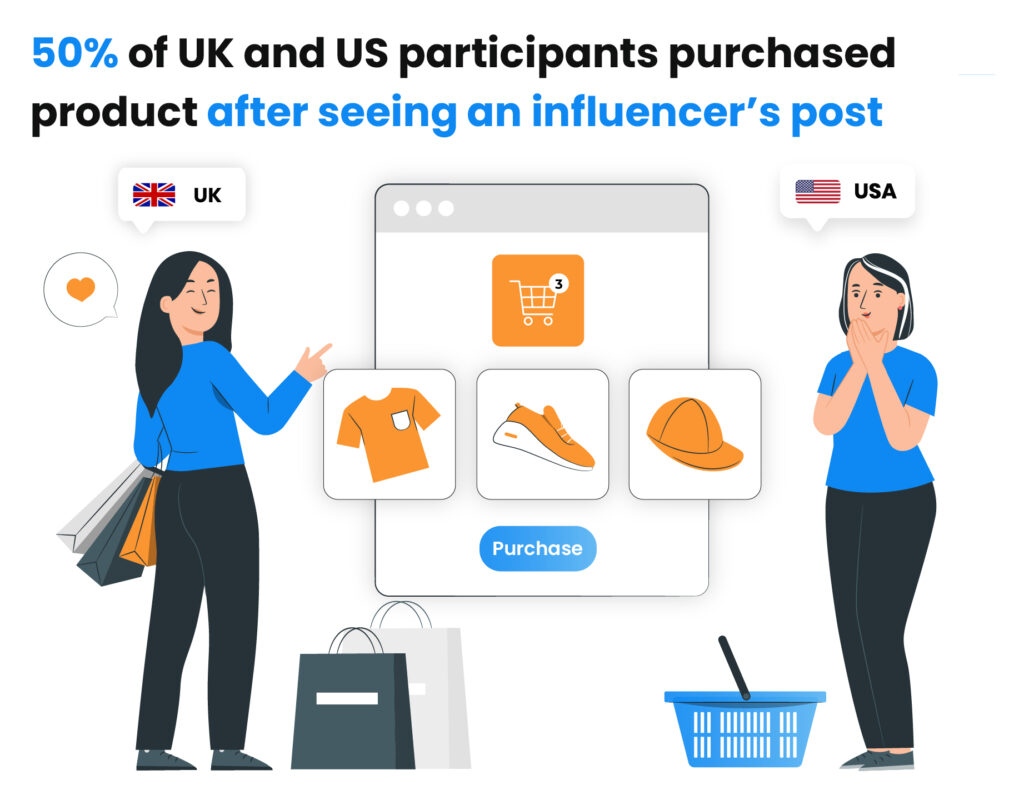Who wouldn’t like to earn money from their blog or video channel? Instead of working in a 9-5 job, you could sit comfortably at home, or on the beach and write new articles for your blog where you recommend products to your followers. Or record a review for your massively popular YouTube channel about the newest tech gadgets. And since people trust you enough to heed your recommendations, they often click through affiliate links inside your content, and you earn a decent commission each month.
If only it was that easy. Now that competition is fiercer than ever, affiliate marketing takes a lot of industry know-how, patience, and creativity to get it right. Unfortunately, there’s also a couple of bad practices that can get in the way of your success in the affiliate industry. You may lose time, money, and energy on affiliate activities and see no results. Sounds like a familiar problem for you? Have a look at our list of five common affiliate marketing mistakes – and how you can quit them for good.
1. Creating low-quality content
Since technically, your main goal is generating commission, you might have thought at least once that getting those clicks and sales is your number one priority. This means you might have been mainly focusing on “selling” a product rather than creating valuable content for your readers or followers, and that might be precisely what makes your affiliate marketing blog perform poorly.

That’s one of the main affiliate marketing mistakes.
Your main goal shouldn’t be selling, but helping your followers or readers make a good purchase decision by giving them content that explains why they might need a certain product, and how it could be potentially useful to them. If your posts don’t help your readers in any way, then you can’t be sure they will click on the affiliate links. Here’s where spending time creating high-quality content about affiliate products can make all the difference in your affiliate results.
High-quality content is the content you write or record while thinking about your followers’ needs and expectations. What topics might they be interested in? What problems are they currently trying to solve? You should start by looking at the people you want to reach with your articles or videos, and create a list of topics that should catch their attention. You shouldn’t forget about SEO either – we’ll talk about it in a moment.
If you are just starting out with your blog and don’t have much experience, it would be good to use an online proofreader to assess the quality of your content. They can read your posts before you publish them to spot and fix any mistakes or typos you might have in your article. This is often a paid service, so if you’re just starting out, you might want to ask a friend to peer read your copy for you.
It might seem like a lot of work, but it will be worth it in the long run – 1 great article or video will always outperform 10 low-quality ones, where people might not even click through to the landing page, meaning no sales for you.
2. Picking “any” niche instead of focusing on the right ones
There are thousands of niches you can choose from when it comes to affiliate marketing – whatever your hobbies or interests are, you should have little problem finding a product or service you could potentially promote. The thing is, some niches are far more popular than others – there are plenty of products out there to promote, and the commission rates for affiliate sales are appealing as well. Should you join one of those niches?
If a niche matches your hobbies or interests (say, you have a blog on the newest tech gadgets, for example), then it might be worth a try. Product reviews are often read by those interested in buying. However, you need to be aware that banking, gadgets, health, SaaS, and other trendy niches are pretty crowded – so unless you are prepared to double-down your affiliate promotion efforts to face up to the competition, it might not be a good place to start.
But aiming for one of the high-paying niches when you don’t know much about that specific area, or when they don’t fit your main audience, is a recipe for failure. If you don’t know much about the product or service you want to promote, it’s unlikely you will be able to convince people that the product is worth trying out – and get them to click on a link. This may result in low conversion rates and bounce rate – simply because you picked the wrong product.
How to avoid it? Simply don’t rush when looking for an affiliate niche to pick! Spend some time researching the niche, learning more about the audience within its area, and think about the types of content you could use. It’s even better if you try out the products you want to promote first. That way, you will know exactly how the product or service works and whether it’s even worth your (and your followers’) time.
3. Getting complacent and not investing in yourself
One of the great benefits of affiliate marketing is that you don’t need a college degree in digital marketing, years of experience, or a special affiliate marketing course to become an affiliate – just patience, determination, and some know-how will do. It doesn’t mean, though, that affiliate marketing is an effortless way to make good money.
Affiliate marketing can bring great results, but you need first to invest your time and energy in learning as much about the industry and your niche as you can. Now more than ever before, readers and followers are savvy about consuming content. If they get suspicious that you’re only pretending to know about something, they won’t hesitate to call you out on your bluffing.

You should never get complacent. Even if you know a lot about a particular area and already joined a successful affiliate marketing program, it doesn’t mean you should just stop there and think that the money will be pouring in forever. If you aren’t keeping tabs on what is happening in the industry, then your competitors might quickly leave you in the dust. And speaking of them…
4. Not keeping an eye on your competitors
The more popular the affiliate niche, the bigger the competition. You can learn a great deal about your competitors’ affiliate programs by analyzing their strategies. By regularly checking in on other affiliate marketers from the niche you’re targeting, you can spot places in your strategy that need a bit more work, learn about new industry trends or affiliate marketing business methods, and see how well you are doing compared to them.
For example, checking out what creative material your rivals are utilizing, or what type of content is working best for them can clue you in on how you could update or adapt your own materials.
We do not recommend blindly copying what other marketers do – plagiarizing is risky business, but their techniques may turn out to be more successful than yours. However, it’s always worth noting what other bloggers or influencers do well and adapting those ideas to your own affiliate marketing efforts. By testing new forms of content, you can gain feedback from your audience.
5. Ignoring SEO
Do you have a new article ready for your blog? Great! But have you considered optimizing it for search engines? Without focusing on SEO, it will be very hard (if not impossible) for people to find your product review, article or video online. If they can’t find it, they won’t click on the affiliate links either – so you need to make sure your content ranks high. SEO should become an important part of your affiliate marketing strategy.
The first step is researching the keywords you’re using, as these directly influence how high your newest content can rank and how many people may be looking for similar topics. A good tip here is to use one of the many keyword analytics tools on the market, as these can show you how the competition ranks for the keywords you want to use, and help you pick the most fitting ones.
A common mistake is not to use these tools because you believe they are expensive. This isn’t necessarily the case, since many free tools are available to assist affiliate content publishers in finding competitive keywords and long-tail keywords. Ubersuggest is one of them.
Your copy is not In addition, work on your title tag and meta description – the more your title and description catch the eye of internet users, the more likely they will click through to your article. This part is often the very first touchpoint between your brand and your potential customer and may help you stand out from the crowd of thousands of products and services.
6. Staying away from analytics
You have your loyal audience, you can imagine yourself running a successful business and selling quality products via affiliate marketing. Your affiliate marketing career looks nothing but shiny… on the paper, while in practice, both your affiliate dashboards and Google Analytics look rather empty and flat.
Many affiliate marketers shy away from any affiliate analytics, apart from checking how many sales they generated on their affiliate sites. It can be one of the most costly mistakes for affiliate marketers, since analytics can show them way more than they think.
Analytics can show you the best streams of income, the best online marketing channels for your affiliate marketing promotions, user experience bottlenecks, or organic traffic patterns. Needless to say, all that data can be extremely helpful for developing your affiliate marketing tactics.
Whether you’re a beginner affiliate marketer, or an experienced affiliate marketer, mistakes are bound to happen. Keep your head up and keep going!
Frequently Asked Questions
Which affiliate marketing strategy generates the highest ROI?
Social media and micro influencers generate the best ROI with almost 1:5. 5 euro earned for every 1 euro spent.
Which niche should I pick for my affiliate marketing campaign?
The best option is to choose a niche that you are interested in or that you are knowledgeable about.
Affiliate Marketing For Startups – Yes Or No?
Affiliate marketing is a cost-effective way for startups to acquire customers. Let others do the work for you while generating backlinks and traffic.
How To Find Affiliates For Your Business – Part 4: Ultimate Round-Up
Starting an affiliate program requires self-evaluation and advertising products. To sustain success, be flexible, watch the market, and take care of affiliates.
The Ultimate List Of Affiliate Programs – Part 2/2
Learn the 9 ways to build a successful SaaS marketing strategy. Also, discover the importance of link building and transparency in affiliate marketing. Plus, get updates on Post Affiliate Pro.
How To Find Affiliates For Your Business – Part 1: Baby Steps
Affiliate marketing success relies on building relationships, offering rewards, and regular communication. Manage and engage partners effectively by offering revenue share, personalized emails, special discounts, and inclusion in giveaways. Recruit affiliates through emails, industry tradeshows, blogger groups, and relevant websites, and provide tips and incentives to increase their output. Invest in a great product, be generous with commissions, and utilize platforms like Muncheye and WarriorJV to find affiliates. Make your affiliate program more visible by including a link on your website.



